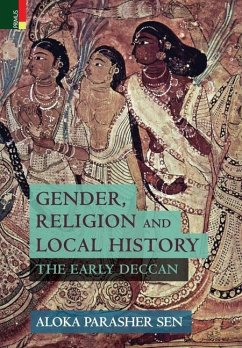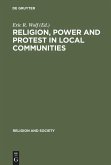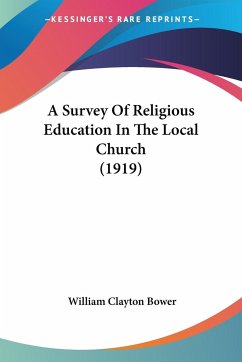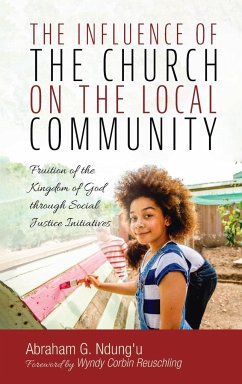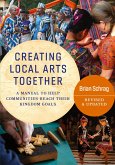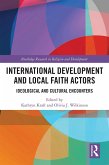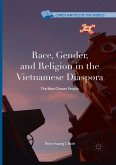Gender, Religion and Local History: The Early Deccan straddles two areas of research, namely the study of women in a socio-religious context and images of the feminine that emerged as objects of worship. Based on a study of inscriptions, sculptural representations and archaeological and literary sources, the research in this volume is located in different local contexts that focus on gender and ideology in order to discern the dynamics of social change. The seven chapters of the volume address diverse religious spaces-from the folk of the Lajjā Gaurīs to the temple-based Hinduism of the nityasumaṅgali and Chenchu Lakṣmī, from the evolution of orthodox Jaina attitudes to women's access to sallekhanā and to the expanding Buddhist religious milieu in the midst of vibrant mithuna couples. This work demonstrates that ideology in local contexts was always open to adjustments and negotiation, while concomitantly being linked to pan-Indian conceptual foundations.
Hinweis: Dieser Artikel kann nur an eine deutsche Lieferadresse ausgeliefert werden.
Hinweis: Dieser Artikel kann nur an eine deutsche Lieferadresse ausgeliefert werden.

